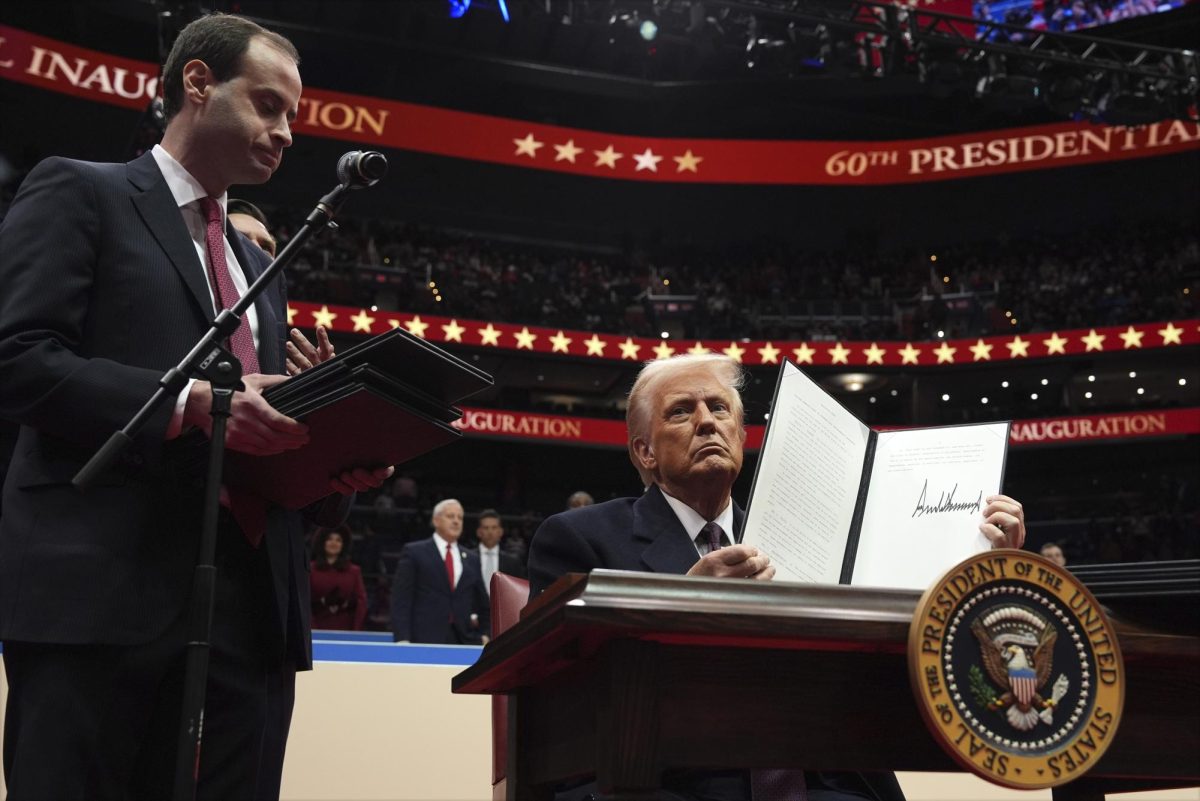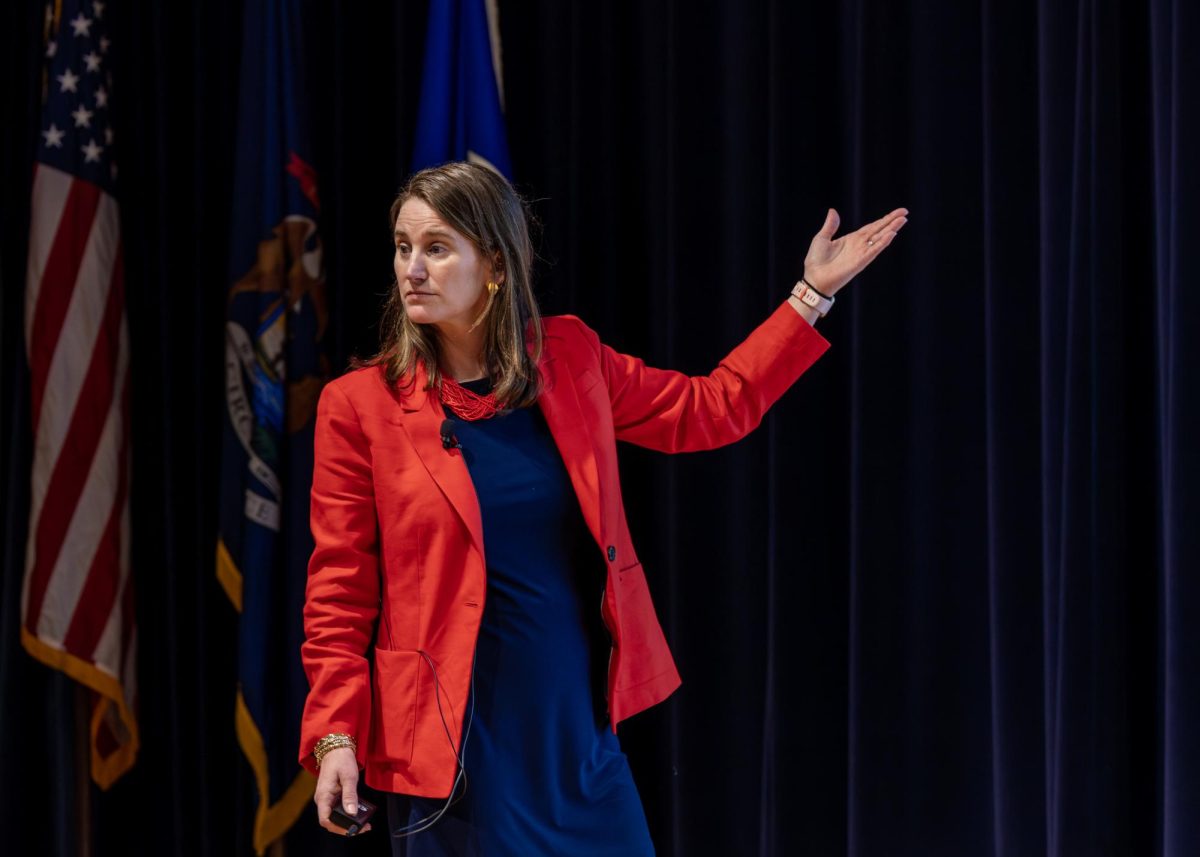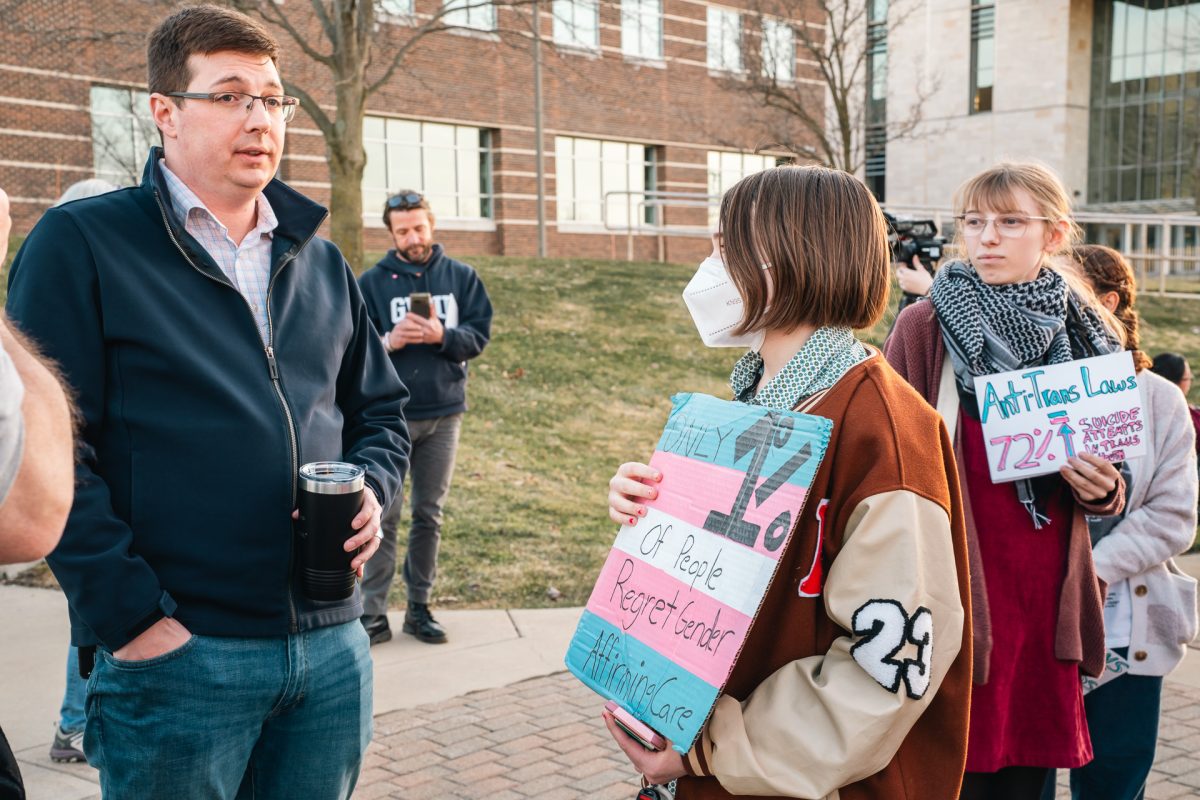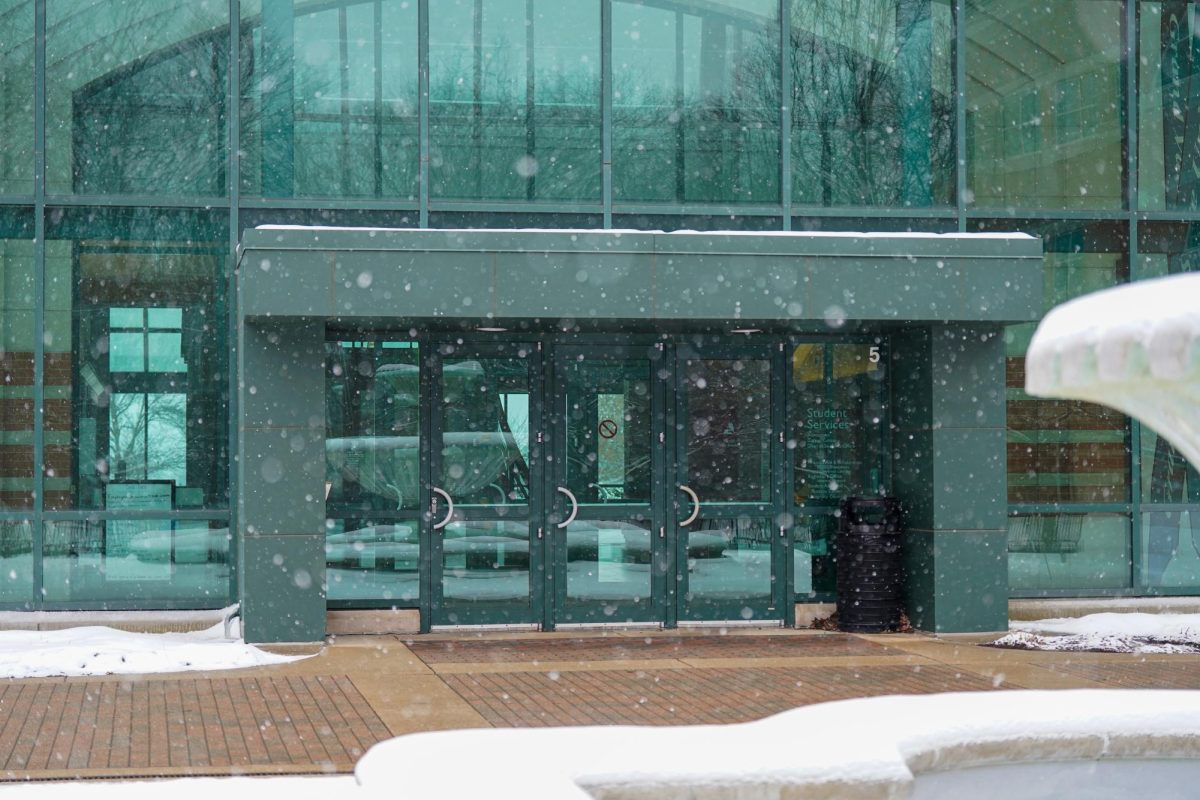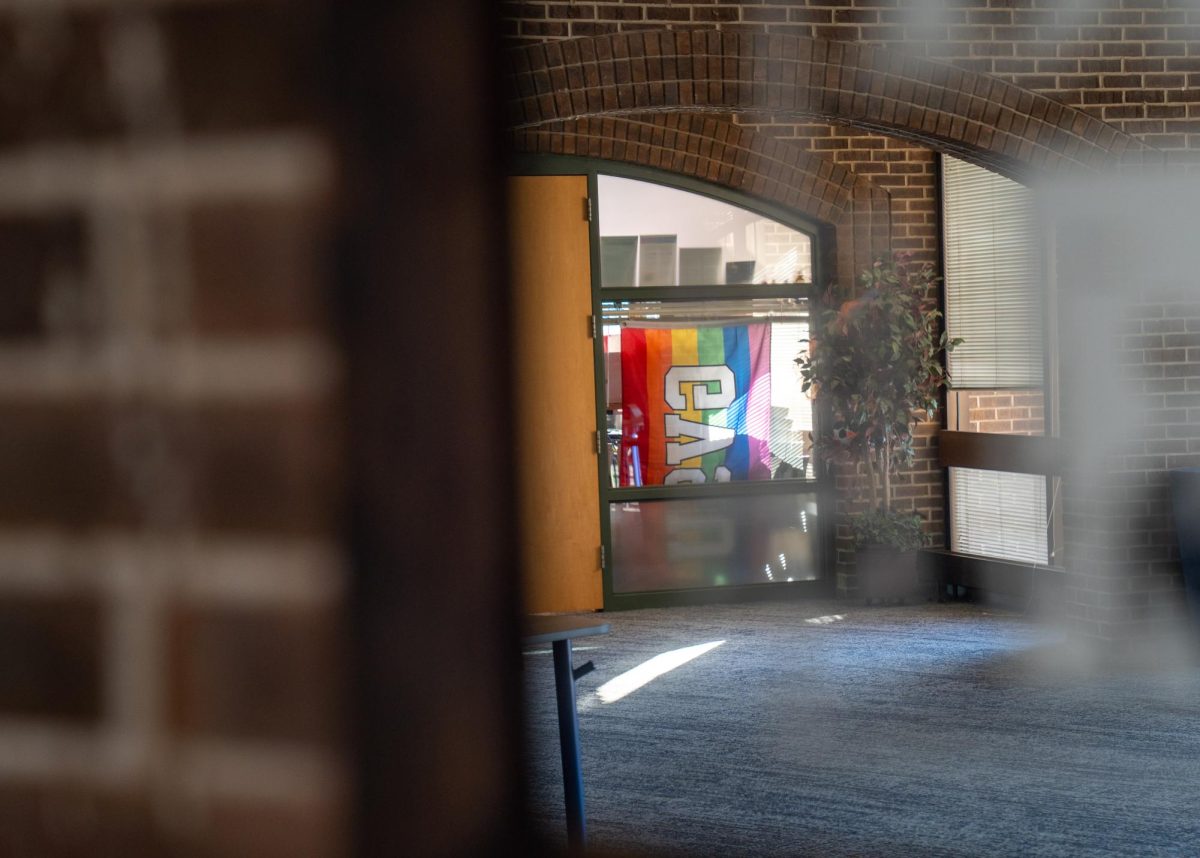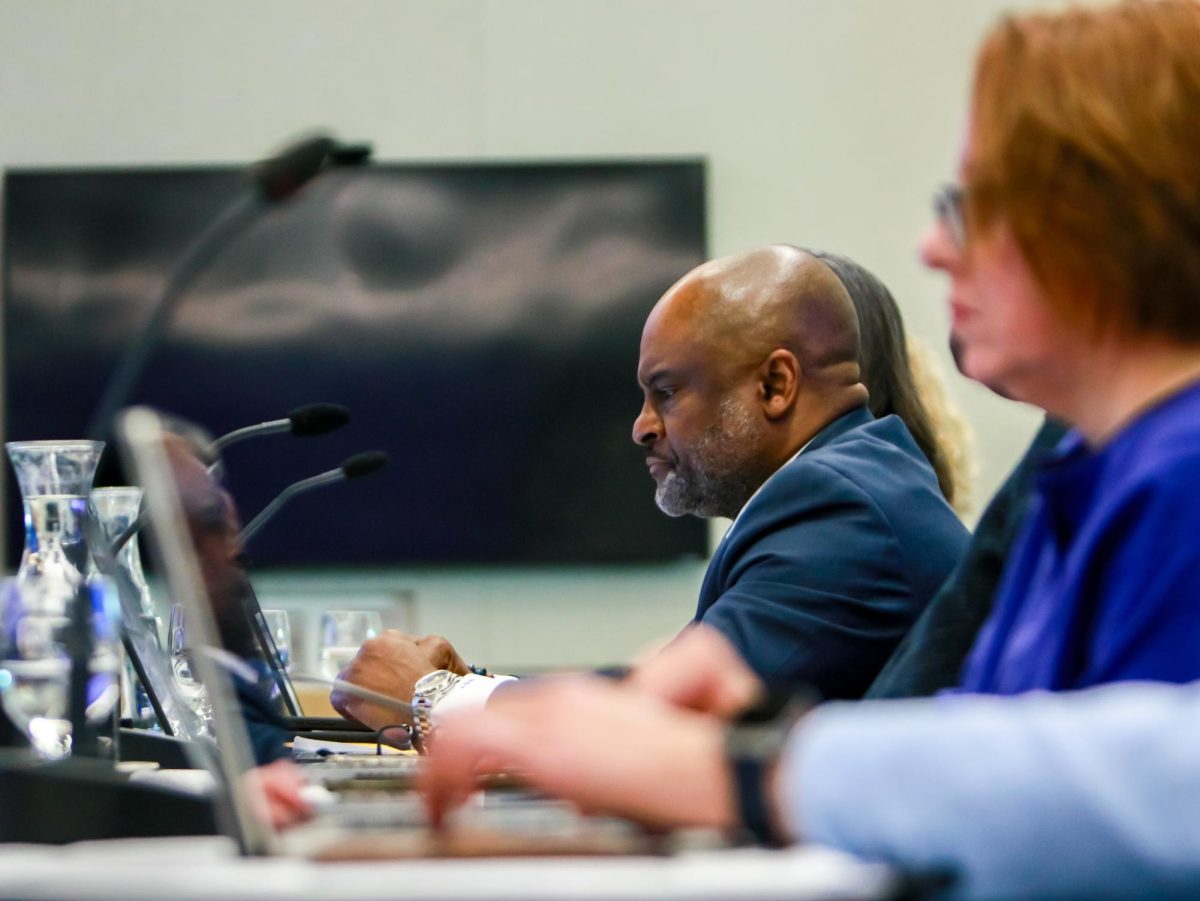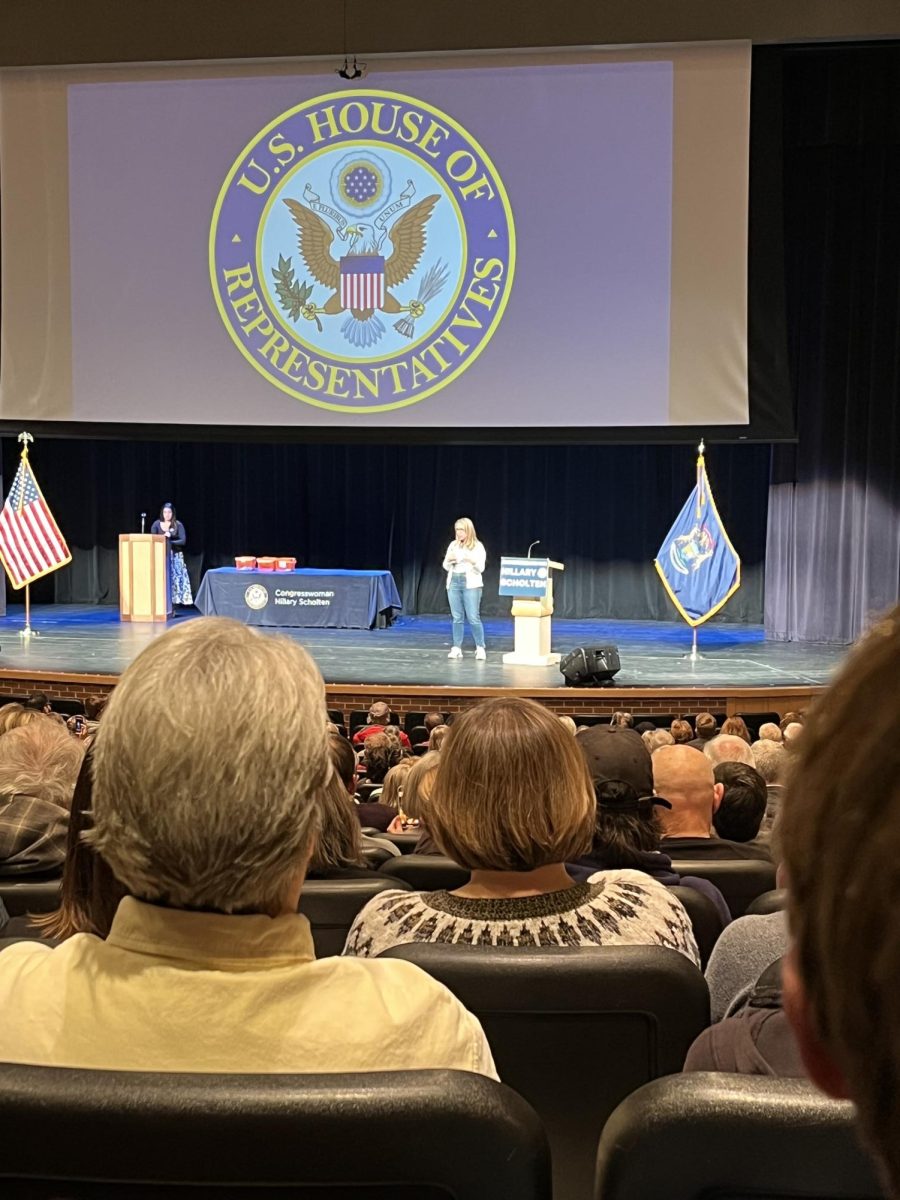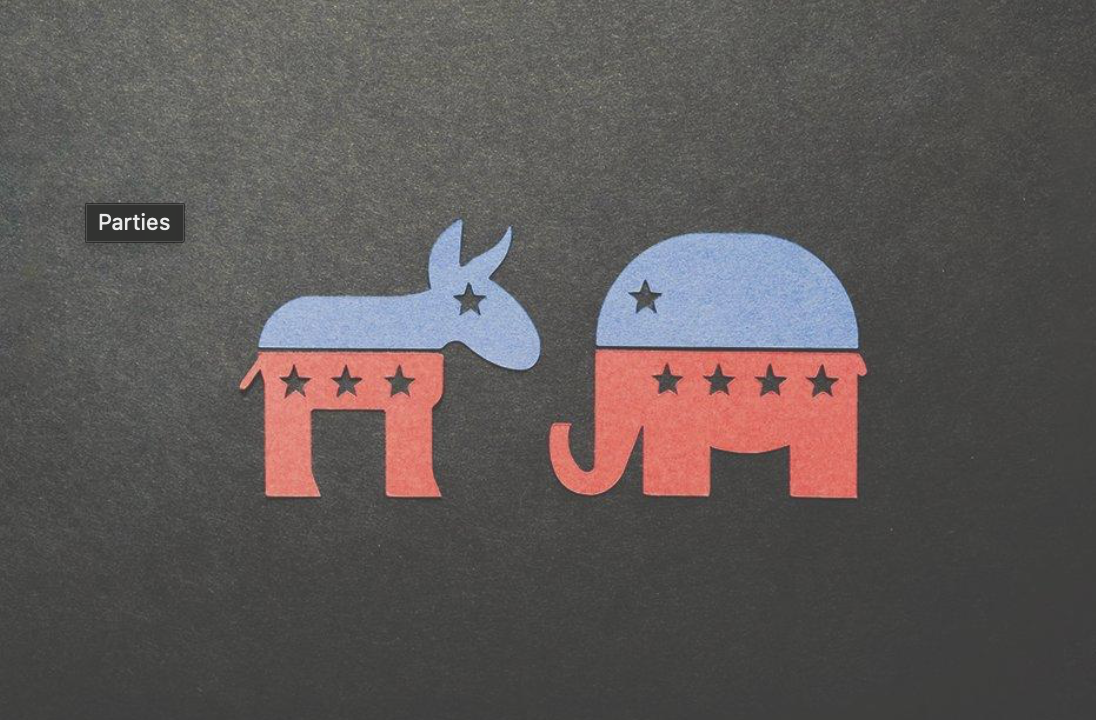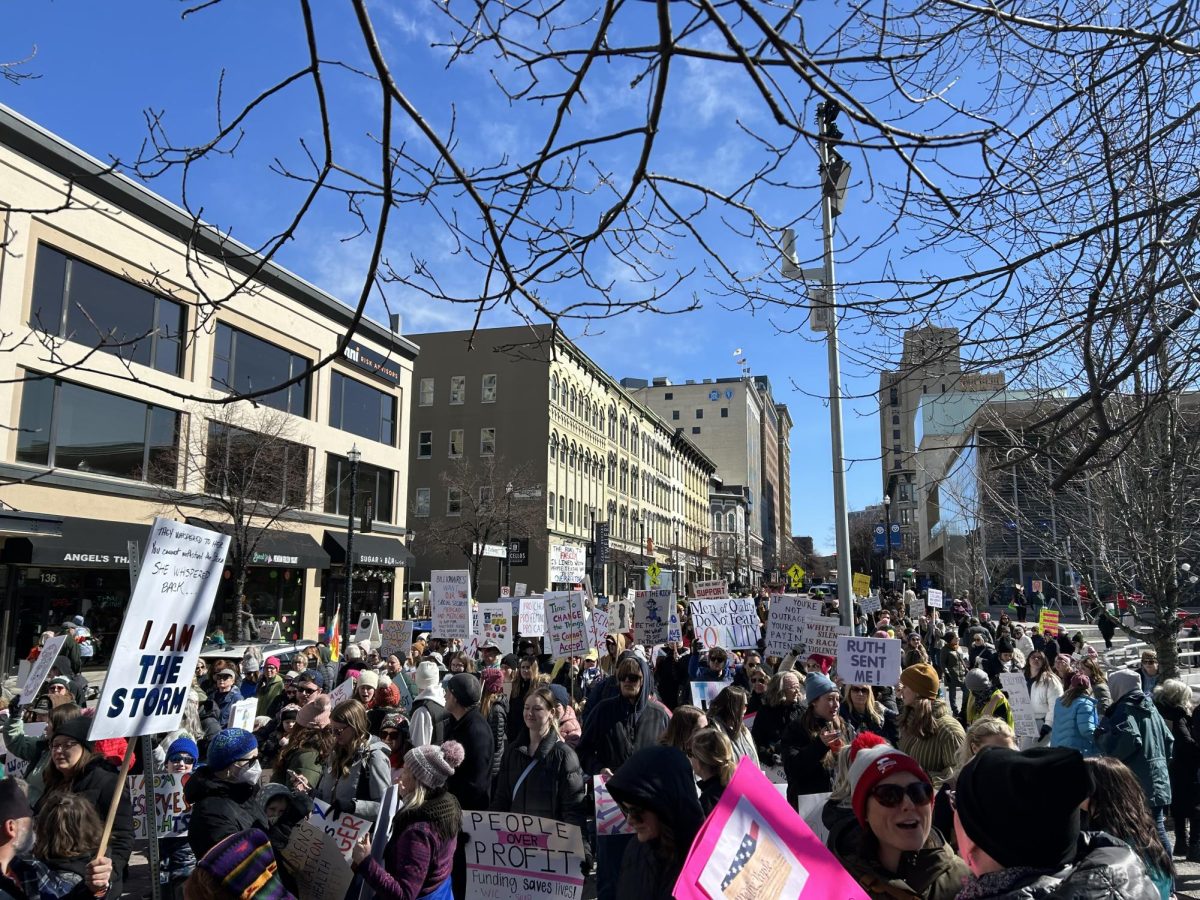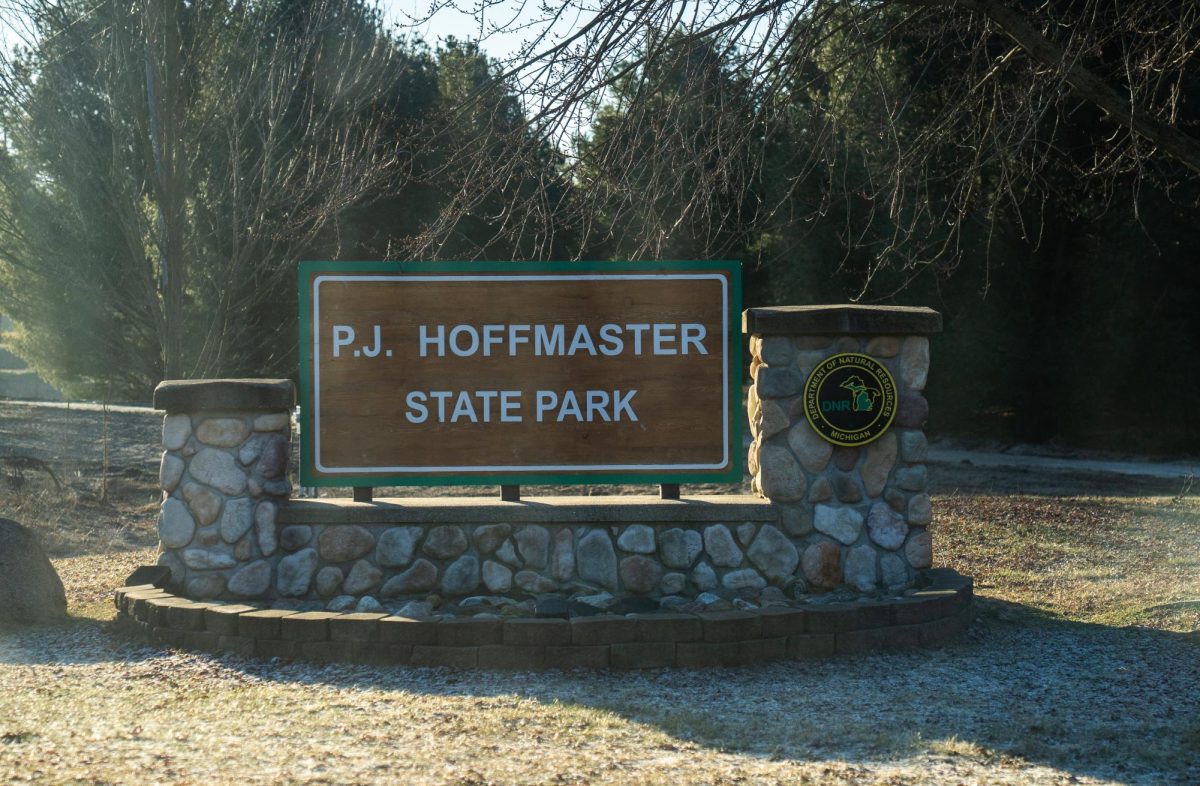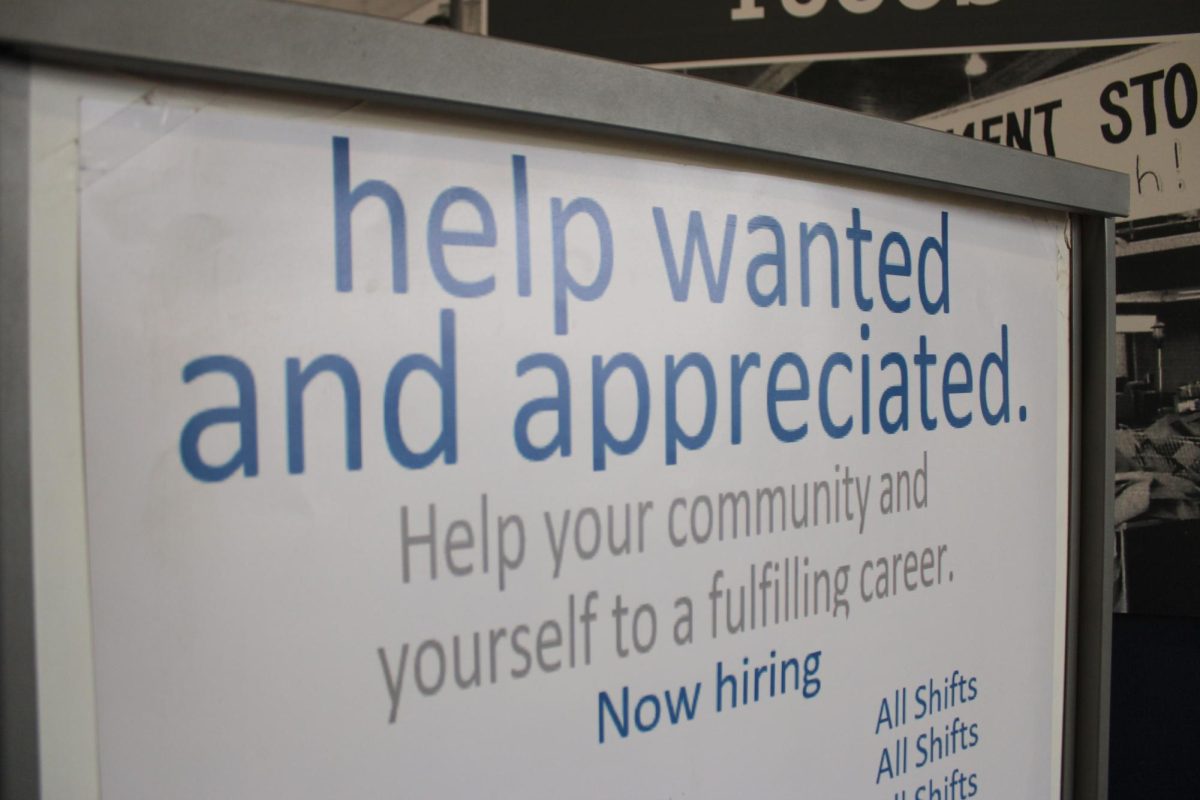On Monday, Jan. 20, Donald Trump was inaugurated as the 47th President of the United States. His presidency cements a conservative majority in the government and a swift reform of legislation leftover from the Biden administration. Coming off his win in the 2024 presidential election, many foresee Trump’s second term will challenge the limits of the presidency and constrict citizens in terms of immigration, expression and diversity.
The inauguration took place on one of the coldest days in inaugural history, which moved the ceremony inside. Many high-brow American political figures attended, including former Presidents George W. Bush, Bill Clinton and Barack Obama.
The inauguration was a victorious moment for the Trump campaign. Trump and his family’s celebrations continued into the night at the inaugural ball, an experience Trump’s granddaughter and social media influencer, Kai Trump, captured on her phone for the whole world to see. The atmosphere seemed jovial, to say the least, as Trump hit his signature golf-swing move on the dance floor.
After Trump and Vice President JD Vance were sworn into office, the new administration got to work right away. Trump’s first week in office was purpose-built to be impactful; he signed multiple executive orders, including a mandate that there are only two possible genders in the United States and that all federal employees return to in-person work. In a moment of unprecedented spectacle, the president signed several executive orders into law, and then tossed the pens into the audience, where supporters scrambled to catch them and take photos.
Elon Musk, the wealthiest person on the planet and a new member of the Trump administration, was notably never far from Trump during his first week in office. Musk’s influence at the White House is deemed counterproductive by some, and causes concern for others. Musk stood close behind Trump as he was sworn into office, seated among other members of the top 1% of America’s economic class. Jeff Bezos was also in attendance, furthering a trend of public support from the tech sector for the Republican Party.
Donald Zinman, a political science professor at GVSU, said he believes Trump’s alliance with rich businessmen could be detrimental to blue-collar workers who voted for him. Trump and the working class’ interests are “just too varied to coincide,” according to Zinman.
“(Wealthy businessmen involved in government) is not healthy for democracy, and in due time it may create tension with (Trump’s) orthodox supporters,” Zinman said. “The policies Elon Musk wants may contradict the wishes of a Trump-supporting construction worker in Lima, Ohio.”
Zinman speculates this period of popularity and buzz about Trump will be short-lived, and not outlast the effects of his political actions in office.
“It remains to be seen (whether or not his supporters will stay happy),” Zinman said. “Trump’s supporters are energized and optimistic right now and his opponents are exhausted, but I expect the latter will change once he starts doing things as president.”
Presidents often sign many executive orders in their first few weeks of their term to appease voters who were promised day-one initiatives, and get the ball rolling on long-term plans. Zinman assures any worried GVSU students and staff that there is not yet anything permanent to be concerned about.
“New presidents frequently hit the ground running with executive orders,” Zinman said. “Some will be uncontroversial, while others will invite lawsuits and potentially months or years of litigation.”
Zinman said executive orders are kind of like advertising for the incoming administration, and show where their goals and priorities lie.
“Executive orders create the appearance of strong leadership for presidents, but the truth is that these decrees can be struck down by the courts or quickly rescinded by the next president,” Zinman said. “Working with Congress to enact legislation is a better long-term strategy for presidents.”





